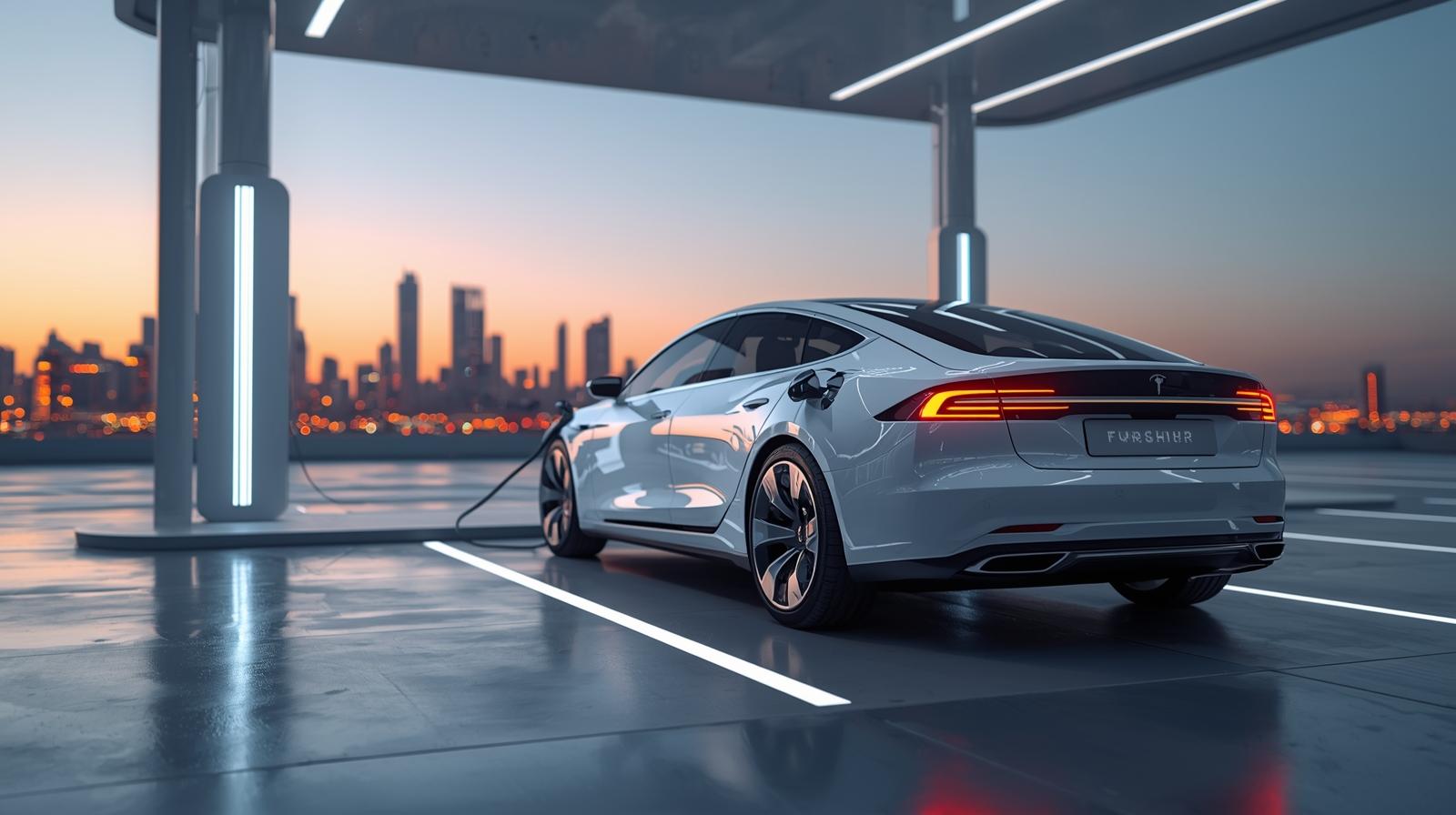A high-level Indian tax advisory group has suggested a steep increase in GST for premium electric vehicles. Currently, EVs enjoy a concessional GST rate of 5%. Under the proposed plan:
- Vehicles priced between ₹20 lakh and ₹40 lakh (approximately $23,000 to $46,000) would face an increased 18% GST.
- For vehicles above ₹40 lakh (over $46,000), GST could go as high as 28%—but authorities are also considering shifting these luxury EVs into an even new 40% luxury-goods tax slab.Reuters
Broader Context: A Push for Self-Reliance
This comes amid Prime Minister Modi’s wider tax reform efforts, which aim to make everyday items more affordable and encourage more spending on domestic goods—especially as tensions with the U.S. remain high.Reuters
Impact on EV Stickers and Makers
- Foreign luxury EV brands stand to be hit the hardest. Tesla’s Model Y, priced around $65,000, along with top-end offerings from BMW, Mercedes-Benz, and BYD, fall squarely into the highest tax bracket.Reuters
- Domestic EV manufacturers like Tata Motors and Mahindra & Mahindra may feel less pinch, as they have fewer models in the luxury price range.Reuters
EV Market Trends & Consumer Adoption
India’s EV market, though small—comprising about 5% of car sales from April to July 2025—is expanding quickly. EV sales jumped 93% to 15,500 units in that period.Reuters
Automakers have raised alarms, arguing that increasing the tax burden on premium EVs could stall momentum just as adoption is picking up. Maintaining the current lower GST rate is seen as critical to keep EV pricing competitive with traditional petrol/diesel cars and to foster a cleaner mobility transition.

